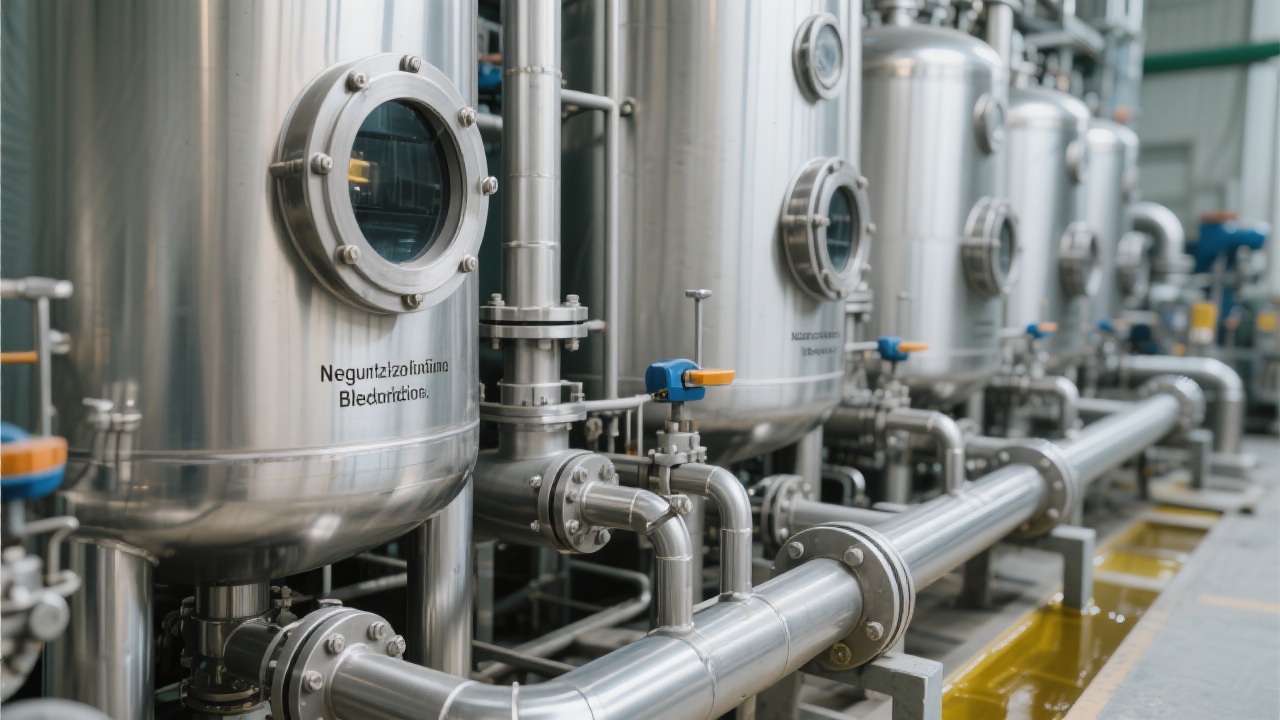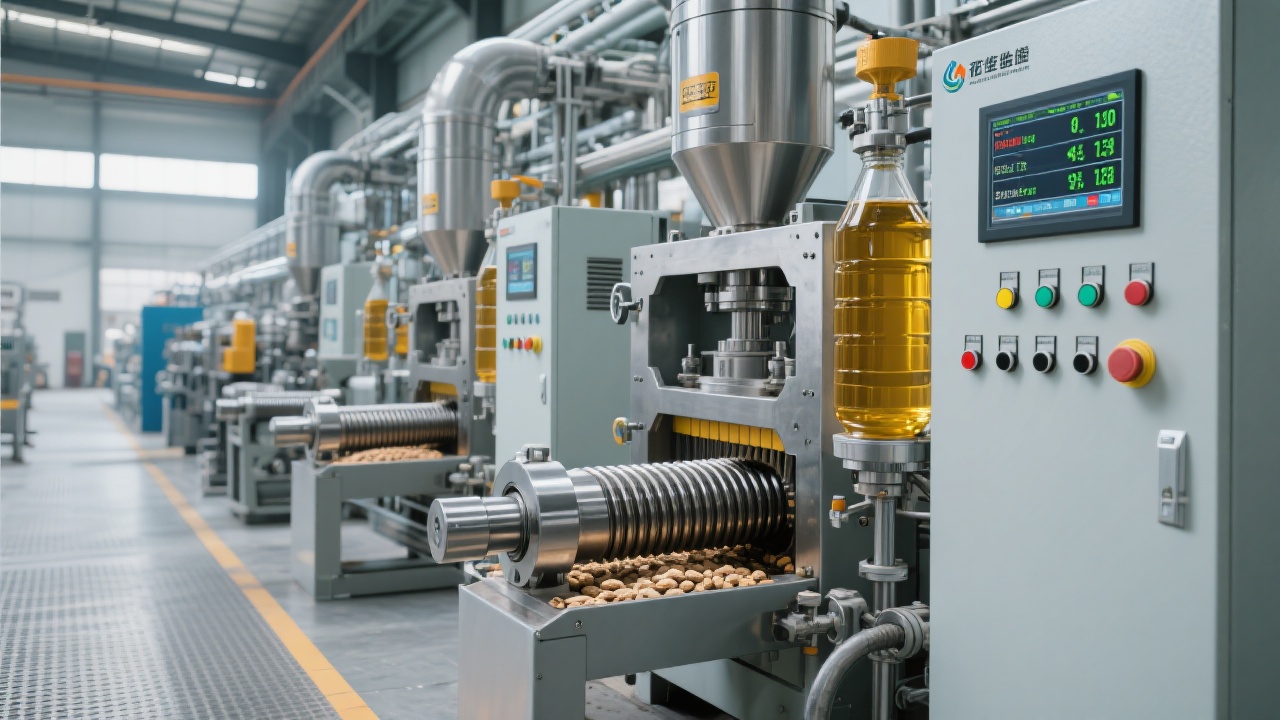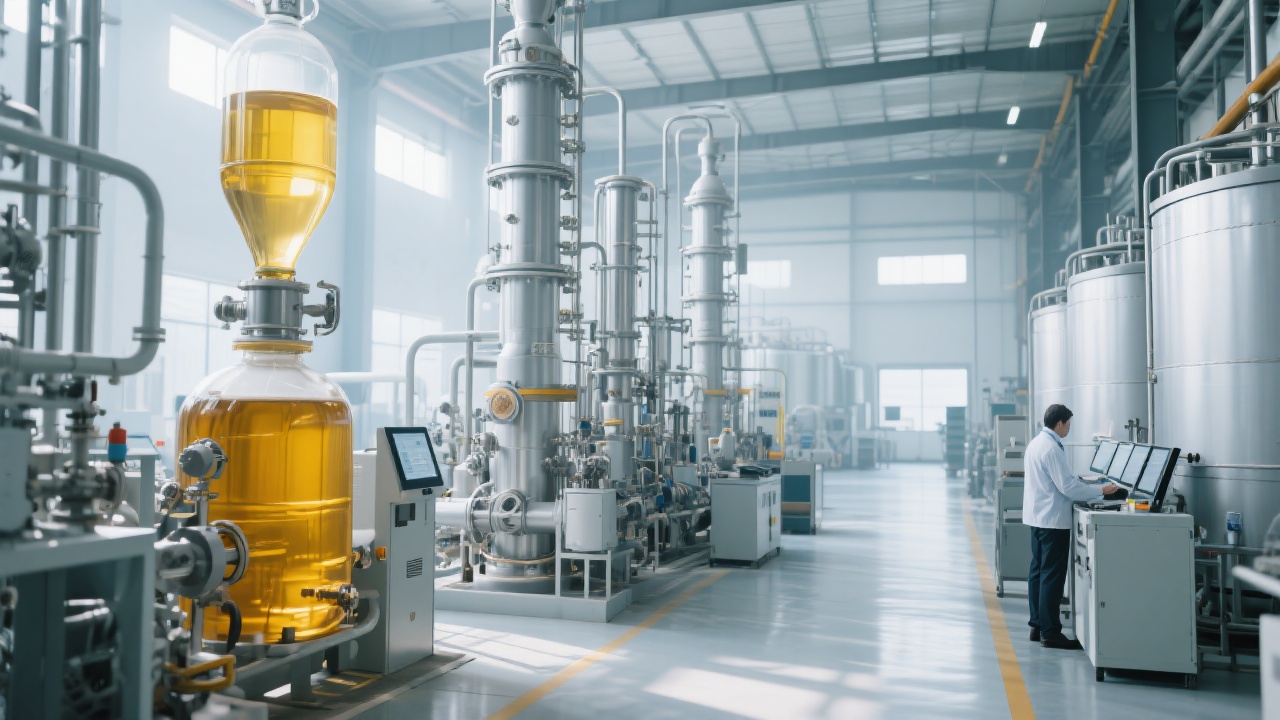
In the palm oil processing industry, efficiency and energy-saving performance have become key factors in equipment selection. With increasing demands for production efficiency and environmental sustainability, companies are seeking refining systems that not only deliver high-quality results but also reduce operational costs. The refining equipment designed by Penguin Group offers a comprehensive solution for crude palm oil refining, integrating both leaching and refining processes with advanced automation technology.
Penguin Group’s refining system is engineered to handle the entire process from leaching to refining in one unit. This integration reduces the need for multiple machines, minimizes space requirements, and streamlines workflow. The system ensures consistent quality output through precise control of temperature, pressure, and time parameters during each stage of the refining process.
| Process Stage | Key Parameters | Control Method |
|---|---|---|
| Leaching | Temperature: 100–120°C, Pressure: 0.2–0.4 MPa | Automated PID Control |
| Refining | Temperature: 200–220°C, Time: 30–45 min | PLC-Driven Automation |
The equipment is equipped with an advanced PLC (Programmable Logic Controller) system that simplifies operation and minimizes human error. This system allows for real-time monitoring and adjustment of critical parameters throughout the refining process. As a result, product consistency is significantly improved, reducing the risk of batch variations and rework.
In a case study involving a palm oil processor in Southeast Asia, the implementation of this system reduced product inconsistency by 30% within the first six months of operation. The company reported a more stable output and fewer quality-related complaints from end users.
Energy consumption is a major concern for palm oil processors, especially in regions where electricity and steam costs are high. Penguin Group’s refining equipment is designed to optimize energy use, achieving a steam consumption rate of less than 300 kg per ton of oil and an electrical power consumption of just 22 kWh per ton of oil. These figures represent a significant improvement over traditional systems, which often consume over 400 kg of steam and 30 kWh of electricity per ton of oil.
By reducing energy consumption, companies can lower their overall production costs and improve their profit margins. Additionally, the system’s energy-efficient design aligns with global trends toward sustainable manufacturing and carbon footprint reduction.

Many palm oil processors have reported improved productivity and easier maintenance after upgrading to Penguin Group’s refining equipment. One user from Malaysia noted that the system’s intuitive interface made it easy for operators to manage complex processes without extensive training. The company also experienced a 20% reduction in downtime due to the system’s reliability and predictive maintenance features.
Another example comes from a large-scale processor in Indonesia, where the equipment was used to refine 100 tons of crude palm oil daily. The system maintained a consistent quality level across all batches, meeting international standards for purity and clarity. This allowed the company to expand its export market and secure long-term contracts with premium buyers.

For palm oil processing companies looking to enhance efficiency, reduce costs, and meet environmental standards, Penguin Group’s refining equipment offers a reliable and intelligent solution. Its integrated design, advanced PLC control, and energy-saving features make it a valuable asset for any modern production facility.
If you’re considering upgrading your refining system or exploring new technologies, contact us today to learn more about how our equipment can help you achieve your production goals.


